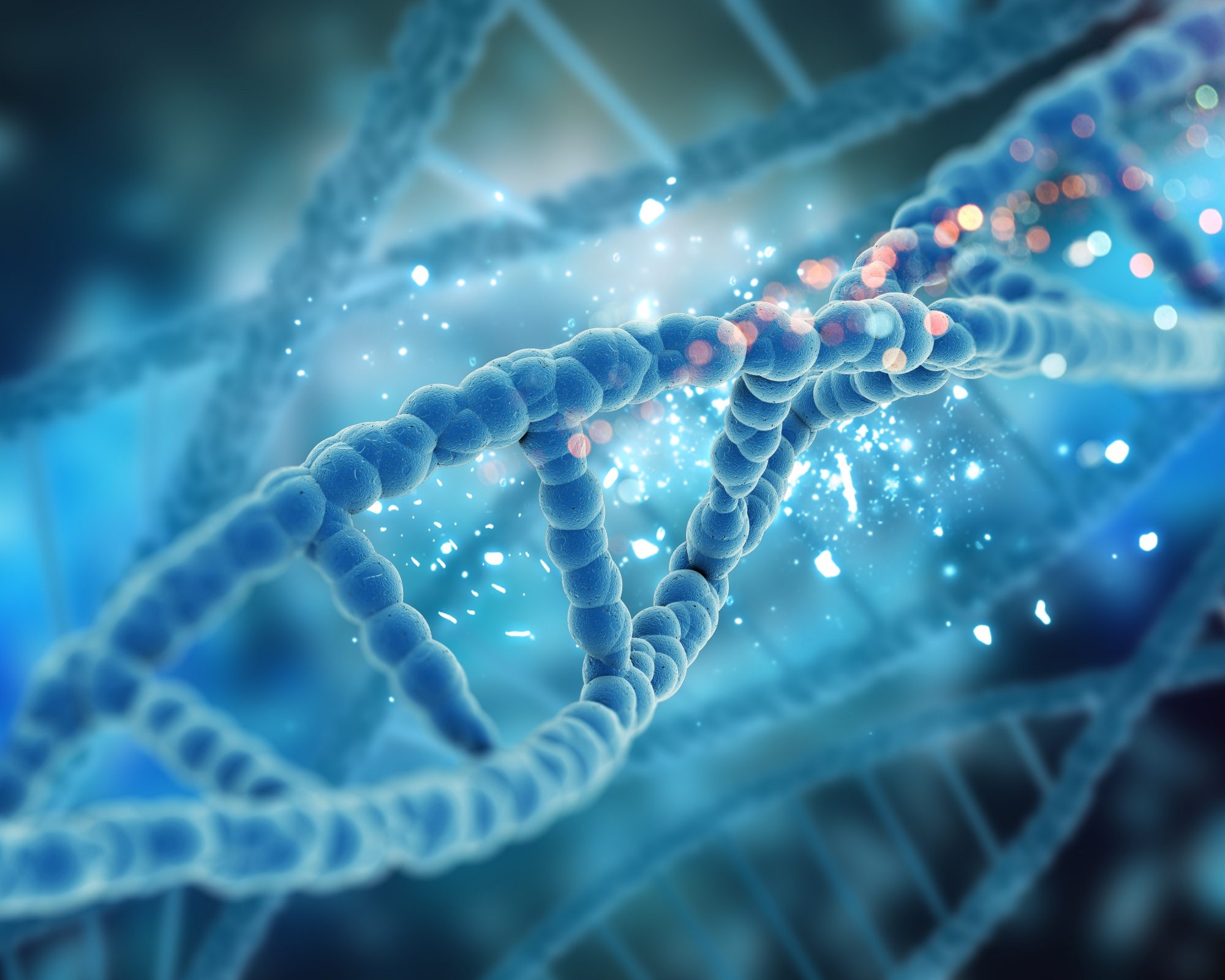
There is evidence, according to a group of scientists with ties to various Swiss and US universities, that gender as well as age have an impact on the genes that impact the lifespan. The team discusses its investigation into aging in both mice and people in a report that was published in the peer-reviewed academic jοurnal Science. In the same edition, Joo Pedro de Magalhaes that organized the study wrote an article explaining the tech difficulties in comprehending how aging occurs and the work completed on this novel endeavor.
Despite decades of research into the phenomenon of getting old, scientists still need to provide a satisfactory clarification for why living beings are aging and why some feature prolonged lives. In this study, they sought to determine whether the average lifespan of a species is impacted by its genes.
The scientists saw that another group had produced a comprehensive set of data referring to aging in approx. 3,000 mice and discovered that it also encompassed data about their genetics. They examined this data after being granted access to the data; more precisely, they carried out QTL mapping by identifying which molecular markers correlate with an observed trait. They discovered several loci, some of which were gender-specific, that they might link to life expectancy. Additionally, they found that mice with smaller litters or heavier birthweights were inclined to pass away sooner. They imply that the small parts of DNA linked to getting aged may have also contributed to the other 2 characteristics. The scientists discovered that the genetic units they uncovered are inactive until a particular person’s later years.
After reviewing data from biological banks, the scientists discovered human genes that seemed to have the identical function as the age-related genes in mice. Then, they discovered related genes in a particular kind of worm and found out that turning those genes off affected the life expectancy of the worms.
The scientists admit that their discovery is only one of the plethora of footsteps on the way to demonstrating that people have units in their genomes that directly affect longevity.